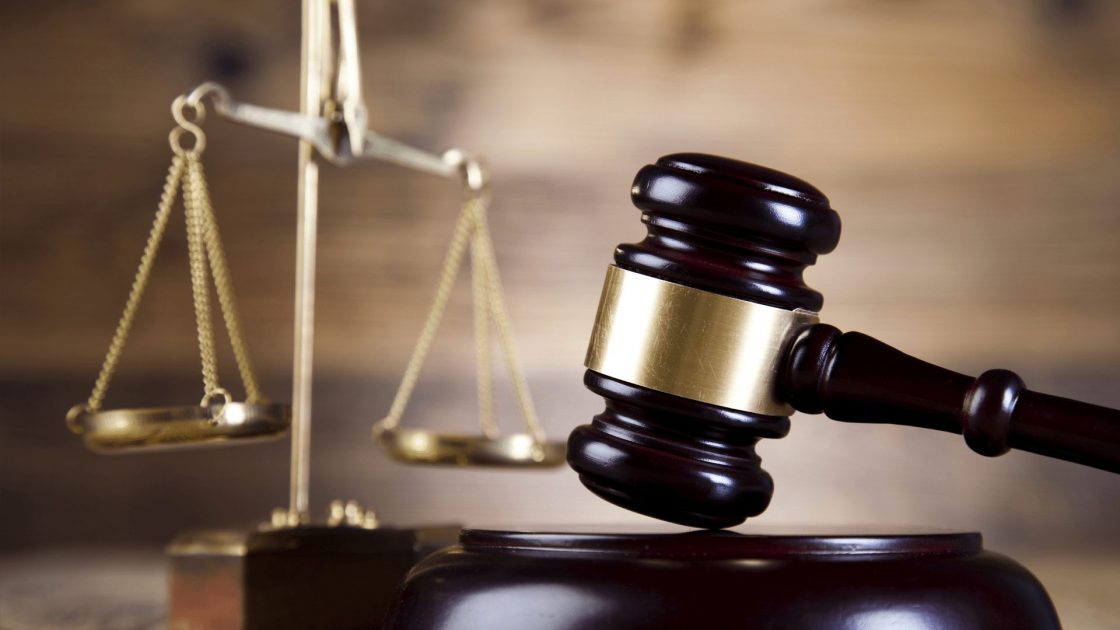 The Supreme Court has determined that certain clauses of the 21st Amendment are inconsistent with the Constitution.
The Supreme Court has determined that certain clauses of the 21st Amendment are inconsistent with the Constitution.
The determination was presented to Parliament today by Speaker Mahinda Yapa Abeywardena.
The 21st Amendment to the Constitution was challenged in the Supreme Court.
The 21st Amendment to the Constitution was approved by the Cabinet yesterday (Monday).
Minister Harin Fernando had tweeted saying the draft constitutional amendment was tabled and passed by the Cabinet and will be tabled in parliament soon.
The Minister also expressed his gratitude to Prime Minister Ranil Wickremesinghe and the Minister of Justice, Prison Affairs and Constitutional Reforms Dr. Wijeyadasa Rajapakshe for pushing it through.
The Supreme Court has made the following Determination:—
(i) Clauses 2, 3, 4, 5, 6, 7, 8, 9, 10, 11, 12, 13, 15, 23, 24, 26, 27, 28 and 36 of the Bill contain provisions inconsistent with Article 3 read together with Article 4(b) of the Constitution and as such may be enacted only by the special majority required by Article 84
(2) and upon being approved by the People at a Referendum by virtue of Article 83;
(ii) Clauses 2, 3 and 4 of the Bill are inconsistent with Article 3 read together with Article
4(e) of the Constitution and as such may be enacted only by the special majority required by Article 84(2) and upon being approved by the People at a Referendum by virtue of Article 83;
(iii) Clause 14 of the Bill as it presently stands is inconsistent with Article 3 read together with Article 4(b) and as such may be enacted only by the special majority required by Article 84(2) and upon being approved by the People at a Referendum by virtue of Article 83.
However, the necessity for a Referendum will cease if the proposed Article 41A(1) provides for the President to appoint one person as a member of the Council as his nominee and if the proposed Article 41A (6) is suitably amended to remove the deeming provision set out therein;
(iv) Clause 19 of the Bill is inconsistent with Article 3 read together with Article 4(b) of the Constitution and as such may be enacted only by the special majority required by Article 84
(2) and upon being approved by the People at a Referendum by virtue of Article 83;
(v) Clause 30(a) of the Bill seeks to limit the judicial power of the people, and therefore is inconsistent with Article 3 read together with Articles 4(c) and 4(e) of the Constitution and as such may be enacted only by the special majority required by Article 84(2) and upon being approved by the People at a Referendum by virtue of Article 83;
(vi) Clause 39 of the Bill in so far as it seeks to repeal Article 129(1) of the Constitution is inconsistent with Article 3 read together with Article 4(c) of the Constitution and as such may be enacted only by the special majority required by Article 84(2) and upon being approved by the People at a Referendum by virtue of Article 83;
(vii) Clause 43 of the Bill is inconsistent with Articles 2 and 3 read together with Article 4(b) of the Constitution and as such may be enacted only by the special majority required by Article 84(2) and upon being approved by the People at a Referendum by virtue of Article 83;
(viii) Clause 51 of the Bill seeks inter alia to introduce Chapter XIX-C titled National Security Council of which the Prime Minister is to be the Chairperson. The proposed Articles 156J (1) and 156J (2) are inconsistent with Articles 1, 2 and 3 read together with Article 4(b) of the Constitution and as such may be enacted only by the special majority required by Article 84(2) and upon being approved by the People at a Referendum by virtue of Article 83. However, such inconsistency would cease if the proposed Articles 156J (1) and 156J (2) are amended to change the composition of the proposed National Security Council and make the President, the Chairperson of the proposed Council. (Colombo Gazette)


Post a Comment